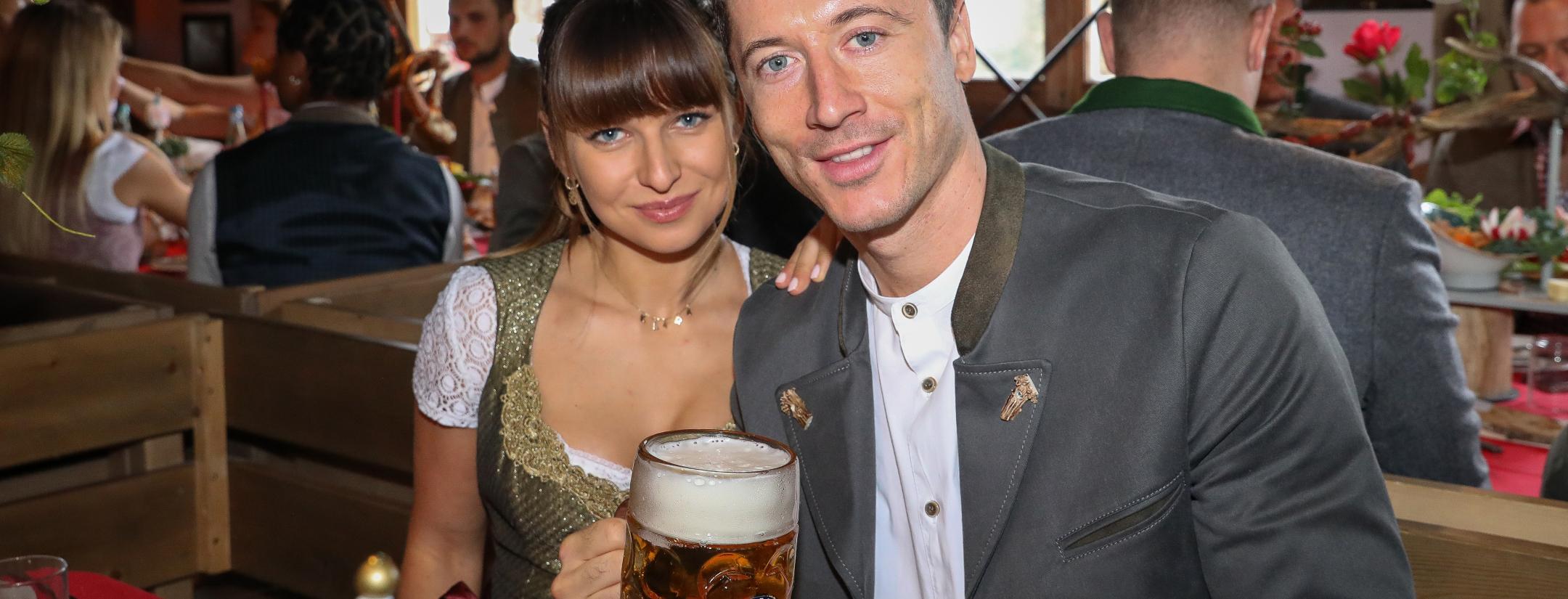There’s something special, unique and even eerie about watching a professional soccer match with no spectators in an empty, cavernous stadium.
For some, this ruins the experience. What’s football without the fans?
For others, this presents an opportunity.
Without noisy fans muddying the audio waves, a TV crew’s microphones are able to pick up almost every little sound coming from the pitch, be it profanities shouted at the refs or a coach yelling at his team to make a tactical adjustment.
As the Bundesliga prepares to resume play, fans have a chance to see — and hear — more from their favorite footballers than ever before.
Assuming you know enough German soccer lingo.
After the K-League began play last week, the German Bundesliga will become the first major European league to do so after the novel coronavirus pandemic sent world football to a screeching halt. We’ve put together a list of German words and phrases to listen to while watching from home, an easy guide for which you need no prior German knowledge.
So, what the heck is a Flugkopfball? What’s the best insult to yell at an opponent? We’ll get to that. One word you won’t hear on the pitch, unless ironically, is Anhänger/Zuschauer, or fans/spectators.
First, a short primer on the German language so you can at least read the list below.
Unlike English, which in retrospect is oddly woke, all German nouns have gender. We’ll ignore those for the sake of this guide and the fact gendered languages add a stupid and unnecessary complexity.
Additionally, you’ll need to know a bit of pronunciation. For the most part, English speakers won’t have too much trouble figuring out a close approximation of how to pronounce these words. Generally, there are no silent vowels, Vs are pronounced like English Fs, Ws are pronounced like English Vs and the ß symbol is a double S pronounced like an English S.
Perhaps the hardest thing to differentiate is when something is spelled with an ie or ei. The quick and easy way to remember if it’s pronounced ēē or eye is to pronounce the second letter. So Die is dee and Zeit is zite.
And that’s enough boring logistics you’ve probably already forgotten anyway.
What follows below is a mix of generic translations plus a few slang words that are more than likely to be heard on the pitch in Germany. We won’t bog you down with things like gender indicators or grammar and keep the list to simple words or phrases for which you can keep an ear out.
Special shout-out to The18’s Grant Conybear, who played professionally in Germany and helped us create this German soccer lingo list. We also utilized a prior list put together by Thoughtco and the three semesters of German I took in college and never made use of until now.
German Soccer Lingo
The Basics
Fußball — soccer
Spieler/Kicker — player
Mannschaft — team
Elf — eleven
Stand — score/standings
gewinnen/seigen — to win
verlieren — to lose
unentscheiden — tie/draw
Tor — goal
Pass — pass
scheißen/Schuss — to shoot/ shot
treten — to kick
Ballbesitz — possession
Angreifer/Angriff — attacker/attack
Mittelfeld/Mittelfelder — midfield/midfielder
Verteidigung/Verteidiger — defense/defender
Torhüter/Torwart — goalkeeper
Trainer — coach
Manner — men
The Rules
Scheidsrichter — referee
Schiri — “ref”
Linienrichter — linesman
erste/zweite Häflte — first/second half
Halbzeit — halftime
abseits — offside
gelbe Karte — yellow card
rote Karte — red card
Stafstoß/Elfmeter — penalty kick
Eckball/Ecke/Eckstoß — corner ball/corner/corner kick
Einwurf — throw-in
Freistoß — free kick
grätschen — to make a slide tackle/trip
Platzerweis/Rauswurf/verweisen — ejection/to eject
The Pitch
Platz — field
Seitenlinie/Endlinie — sideline/endline
Latte — crossbar
Netz — net
Pfosten — post
Things Said Among Players/Coaches
geil — directly translates to horny, but used often to refer to something great having been done
ganz stark — stark directly translates to strong, but is an intense form of “well done”
Junge — means boy but is used like “man” or “bro”
Alter — means old/older one but is also used as “bro” or “mate” and is similar to “oida” in Southern regions of Germany
Doppelpass — give-and-go
Rückgabe — return pass
Querpass/Flanke — cross-field pass/cross
Mauer/mauern — defensive wall/to form a wall
Taktik — tactics
Bank/auf der Bank sitzen — bench/to sit on the bench
bolzen — to kick the ball around
vorwärts/rückwarts — forwards/backwards
verletzt/Verletzung — injured/injury
welchseln/auswechseln — substitute
Schwalbe — dive/flop
Anstoß/Welche Mannschaft hat Anstoß? — kickoff/Which team will kick off?
Hinter mann — man on
Umschalten — switch of play
Ruhig — time on the ball
Klasse — class/well-done
Miscellaneous
Abstieg — relegation, moving down
Gäste/Heim — visitors/home team
Fallrückzieher — bicycle/scissor kick
Flugkopfball — diving header




